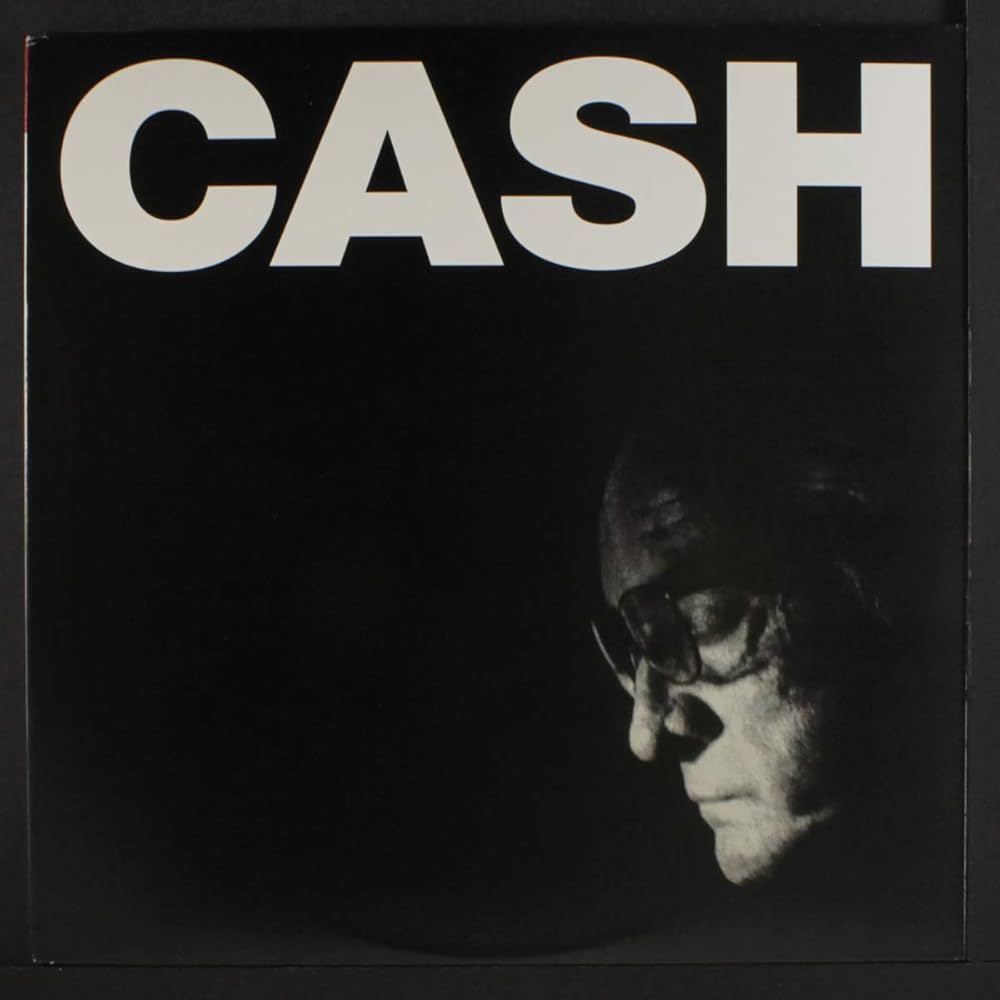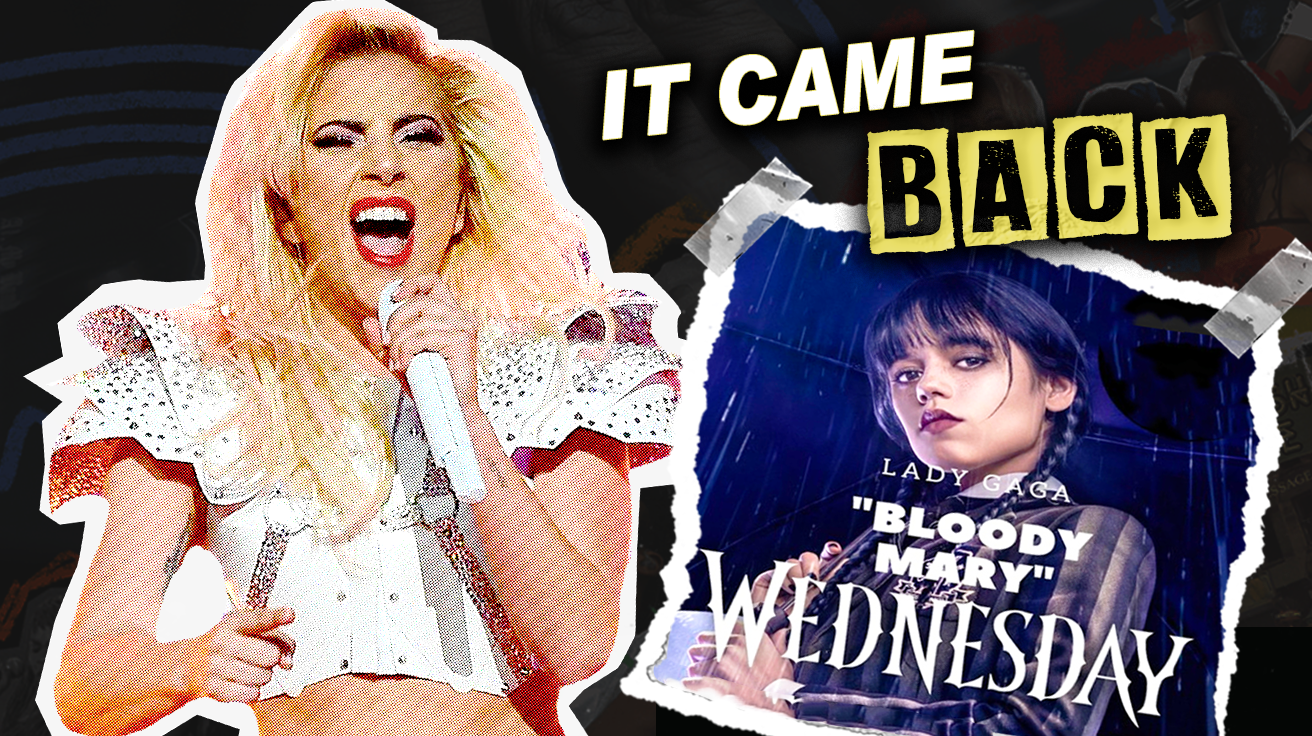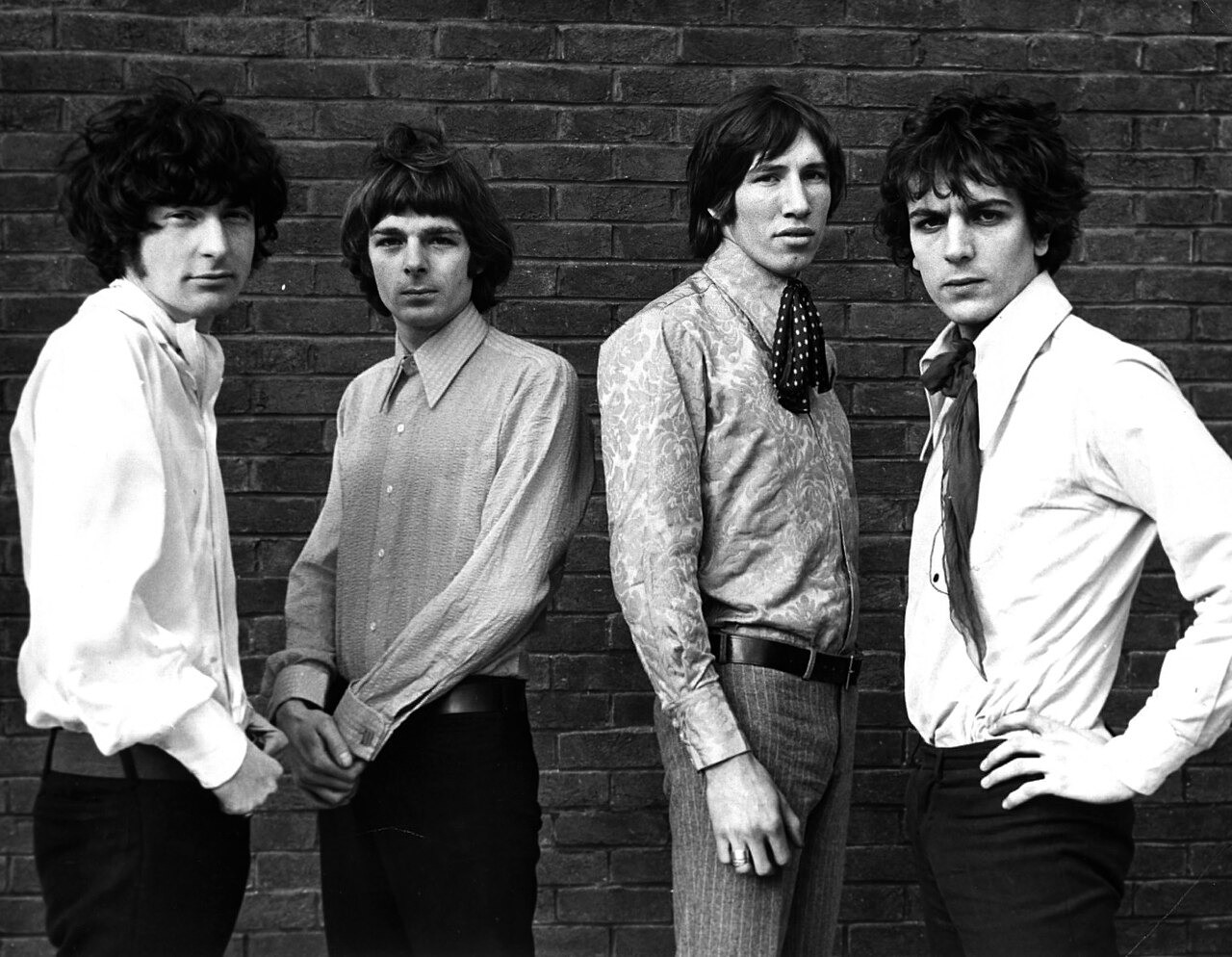While today’s artists chase TikTok virality with overproduced beats, Johnny Cash’s career resurrection came from the opposite approach: a weathered voice, one guitar, and zero studio tricks. In the early 1990s, Nashville had written off the Man in Black as yesterday’s news, his radio play dwindling alongside his record sales.
The Demo That Changed Everything
Rick Rubin wasn’t supposed to save Johnny Cash. The producer behind Run-DMC and the Beastie Boys had witnessed Cash’s raw performance at Bob Dylan’s 30th anniversary concert and sensed something Nashville was missing. According to music industry accounts, a cassette demo featuring Cash’s voice reached Rubin’s attention, and the producer heard what the industry had forgotten: authenticity cuts deeper than polish.
Stripping It Down
The recording process rejected everything Nashville stood for in the ’90s. Most of American Recordings happened in Cash’s Tennessee cabin or Rubin’s Los Angeles home, using basic equipment that captured every vocal crack and guitar string buzz—no backup singers. No production flourishes.
Just Cash’s weathered baritone and acoustic guitar create intimacy that decades of studio craft couldn’t match.
Unexpected Choices
The album’s song selection defied logic and worked because of it. Cash covered Tom Waits’ “Down There by the Train” and Glenn Danzig’s “Thirteen,” alongside traditional folk numbers and originals. These weren’t safe choices—they were statements from an artist rediscovering his voice by abandoning commercial calculations entirely. The selection of cover songs showcased Cash’s ability to make any material his own.
Cultural Impact
American Recordings didn’t just revive Cash’s career—it proved that authenticity transcends demographics. Your grandparents, who owned every Sun Records single, bought it alongside college students discovering Cash through alternative rock radio. The album’s success launched a late-career renaissance that influenced countless artists to embrace vulnerability over perfection, joining the ranks of albums that saved their careers.
This stripped-down approach now defines indie folk and bedroom pop. Cash’s lesson remains relevant: sometimes the most revolutionary thing you can do is turn off the effects and just play.


























